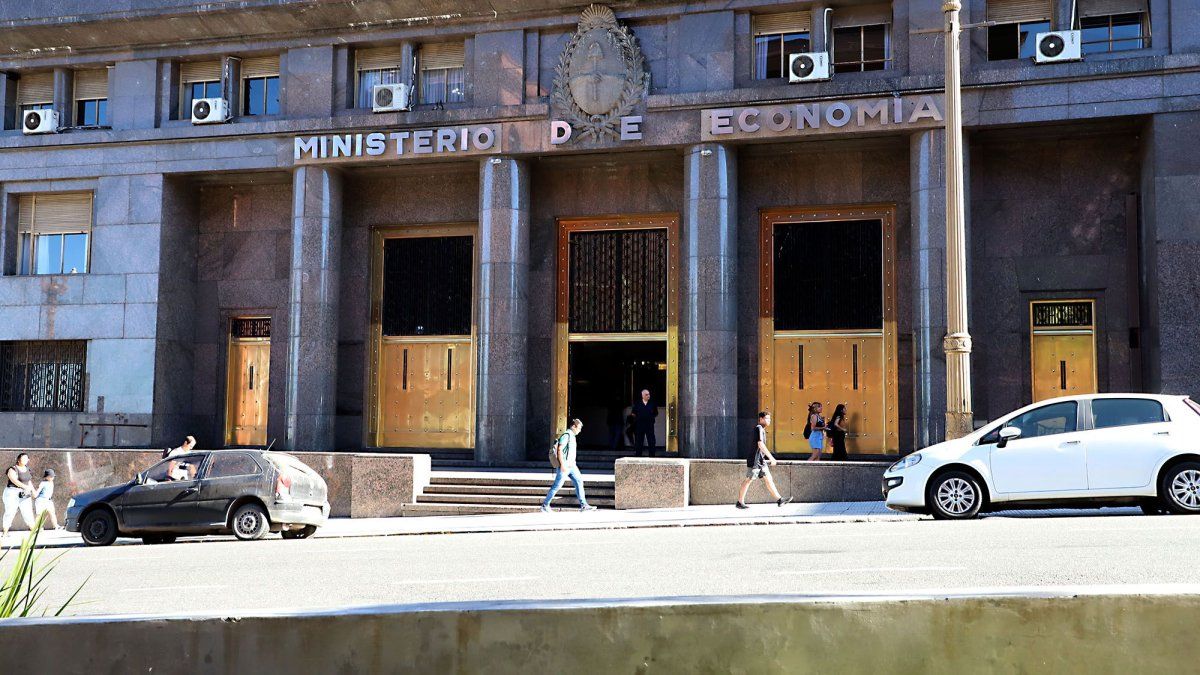What the repeal of the law implies is that the Civil and Commercial Code once again governs these types of contracts. How it will be reflected in the bond between both parties.
One of the announcements and measures that generated the most impact in society after the publication of the Decree of Necessity and Urgency (DNU) is the repeal of the Rental Law, an issue that was being debated before this Government decision to deregulate the economy. “The measure benefits all tenants, who were very affected by the rule,” said presidential spokesman Manuel Adorni this morning.
The content you want to access is exclusive to subscribers.
What the repeal of the law means is that this type of contract is once again governed by the Civil and Commercial Code, within which the Government of Javier Milei modified article 765, referring to transactions between private parties and contracts in foreign currency.


The new wording of that article establishes the obligation to “give money if the debtor owes a certain amount of currency, determined or determinable, at the time of constitution of the obligation, whether or not it is legal tender in the country. The debtor is only released if he delivers the committed amounts in the agreed currency. “The judges cannot modify the form of payment or the currency agreed upon by the parties.”
Rental Law: what does the new DNU say for contracts?
Some of the most resonant guidelines of the DNU regarding rental contracts are:
- There is no minimum or maximum term for rentals, it is established by the parties;
- The parties can agree on the clauses freely with limits on public order;
- Bond (guarantee) to be freely agreed upon by the parties;
- Free payment period;
- Free payment period, not less than one month (rent cannot be charged, for example, every 15 days);
- There is no minimum term for the contract. The parties agree freely;
- It can be agreed in pesos or dollars and based on a free index chosen by the parties.
- The tenant can abandon the property by paying the landlord (owner) 10% of the total remaining rent until the end of the contract as a fine.
Once published in the Official bulletin, The regulations are considered known to everyone after 8 days and, from that moment on, comes into full force for new contracts. The changes will not affect contracts that are already in progress.
Rentals: the reaction of tenants
“Milei’s decree establishes that we can get paid in any currency, in dollars, in euros, whatever we want. There is no longer a legal minimum term for housing contracts. They will be able to make us sign contracts for 15 days, for one month, for two months. And that the Updates can be tied to any public or private index. Public the CPI, private for whatever the real estate agency wants, 30% monthly. Or tie the rental price to the blue dollar, to NAFTA. There is no country in the world where policies of this type are carried out today to protect housing,” he began Gervasio Muñoz, president of the National Tenants Federation and reference of CABA Grouped Tenants in dialogue with Ámbito.
“I think it is clearly a government that has written this decree based on the most important economic powers in Argentina and internationally,” he concluded.
What does the repeal of the Rental Law mean?
According to Grouped Tenantsthe repeal of the rental law will imply the following:
- Term: returns to 2 years of contracts
- Dollarization: it can be agreed in any currency
- Settings: it can be updated under any index (inflation, dollar, gasoline, etc.)
- Guarantee: any can be requested and the surety insurance is universalized.
- Deposit: there will be two months of deposit. It could be in dollars. They can return it 60 days after the contract ends.
- House arrangements: obligation of tenants.
- Expenses: tenants must pay ordinary and extraordinary expenses.
- Electronic address: there will no longer be the possibility of establishing a contact email between tenants and owners.
Source: Ambito




